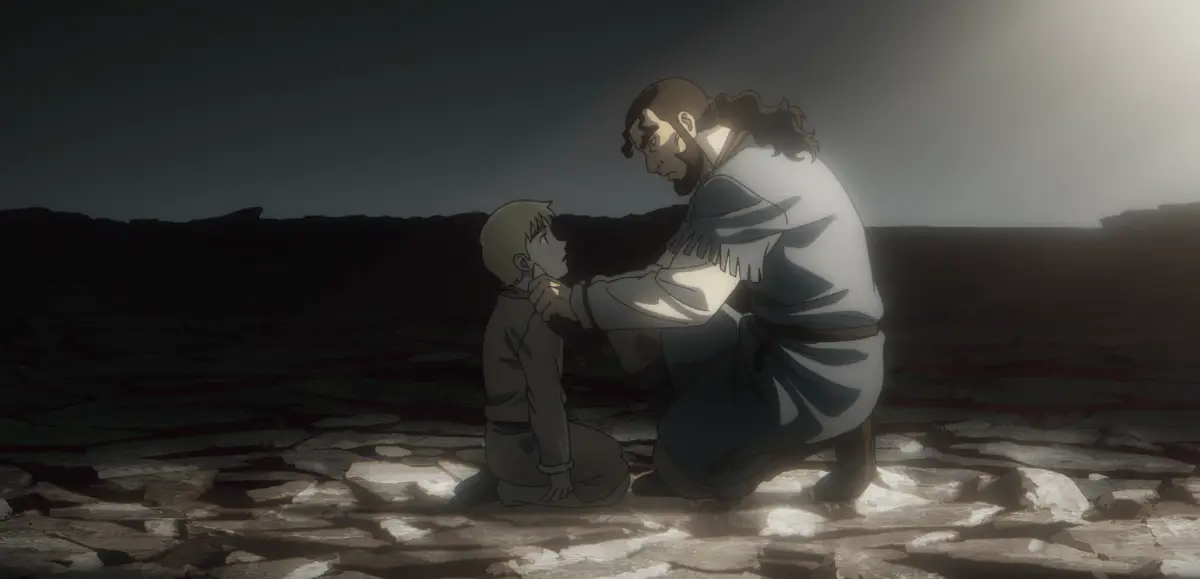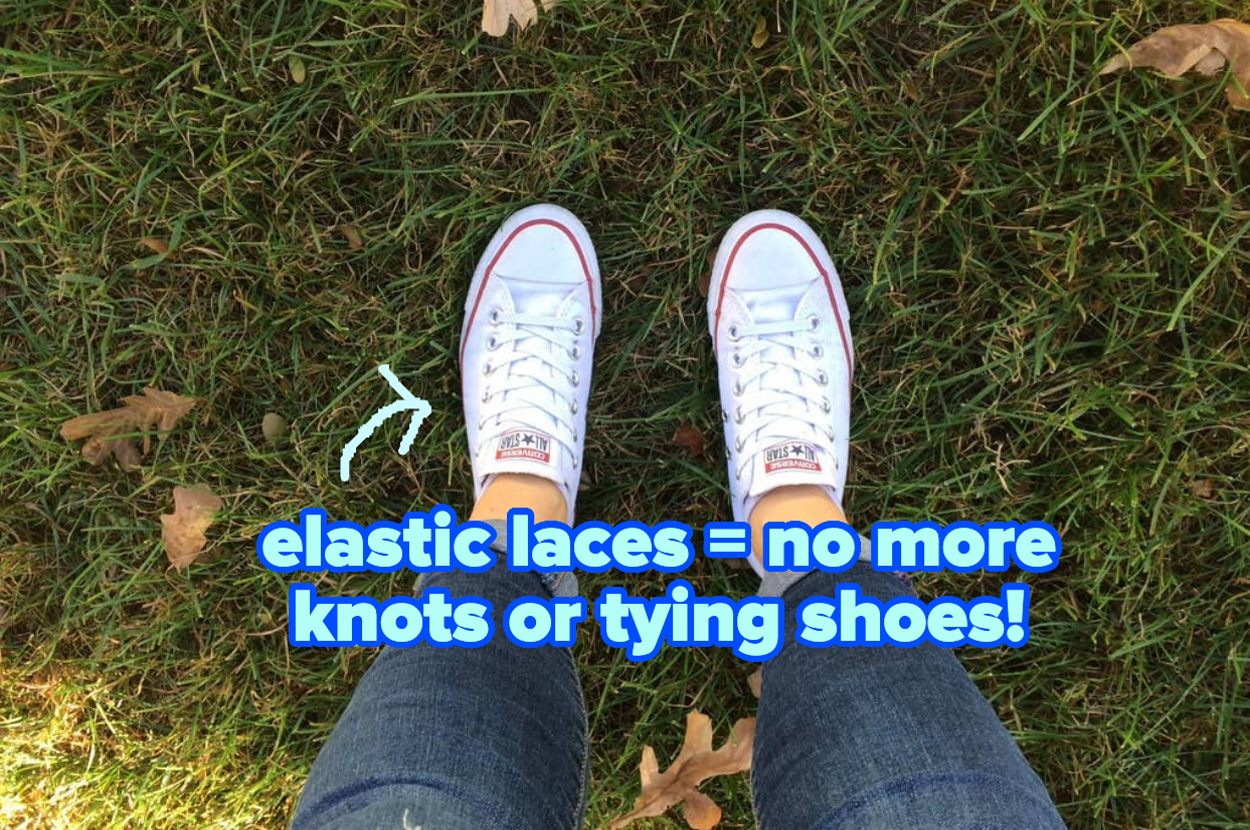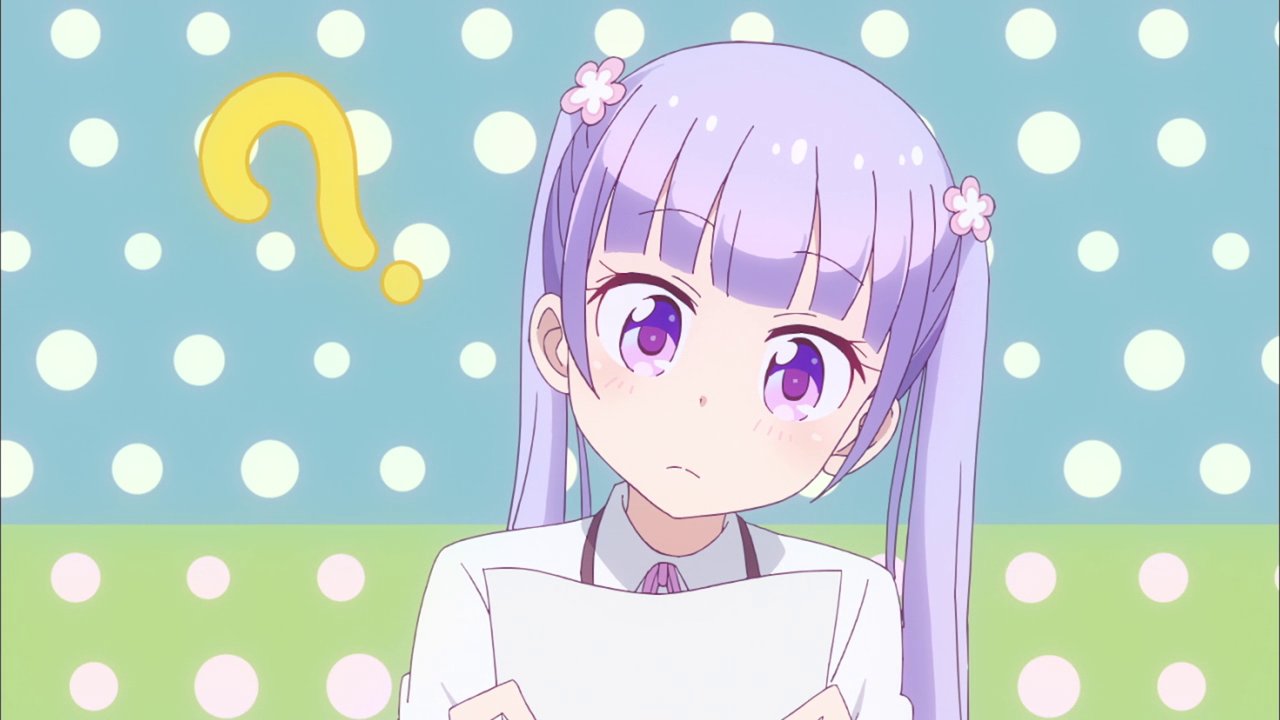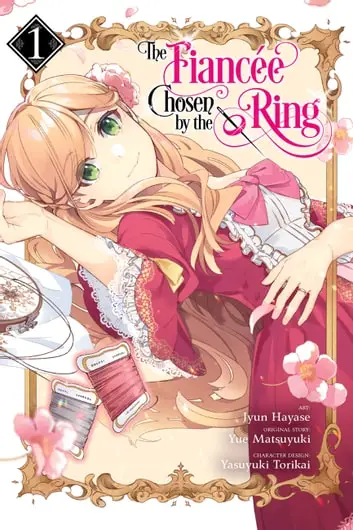“I guess I had to learn there is no freedom without love”
– “Without Love” (Vinland Saga Season 2 ending theme), LMYK
Canute and Thorfinn are as far apart on the spectrum of Viking life as can be. Canute is the King of England: powerful, respected, and seemingly at the height of his leadership. Thorfinn is a defeated warrior who has lost his position, family, and freedom, and has been reduced to literal slavery in the lands over which Canute’s family rules. And yet, despite their differing political standing and life situations, the two are faced with the same choices in episodes 9 and 10. Canute and Thorfinn will choose whether to persist in captivity or pursue freedom—not of a physical nature, but spiritual. And their choices reflect those we all must make, between finding eternal freedom or remaining in slavery to sin.
Thorfinn is the first of the two to make a choice. As season two begins, he’s in a most unexpected place, both physically and mentally. Instead of the fiery, violent, abrasive personality he demonstrates throughout the entirety of season one, the now-adult Thorfinn is quiet and complacent, the epitome of the strong, silent type. By this point in the story, Thorfinn is no longer a warrior. Captured and enslaved, he now labors at clearing land and farming on his master’s estate. As unjust as the situation is, it seems fitting as the next stage of what has already been a miserable life. As a child, he saw his father, Thors, trapped and assassinated by the Viking warrior Askeladd who was hired to do the deed. Thorfinn then joined Askeladd’s crew to get his revenge on the assassin, committing atrocities for years along the way as he learned from the man the hated. However, Thorfinn was never able to get his vengeance. Askeladd assassinates King Sweyn (Canute’s father) and is then himself killed.
It is sometime after the events that culminate in King Sweyn’s death at the end of season one that Thorfinn falls into slavery, purchased by a master who dangles the possibility of buying back his freedom before him, if only he works hard enough. But Thorfinn isn’t thinking of his future; he’s still stuck in the past. Thorfinn has become almost catatonic. He shows very little emotion—except at night. That’s when the nightmares come. He wakes screaming, haunted by his victims. Thorfinn also carries the guilt of having come to admire and care for his father’s killer. Askeladd demonstrates an interesting sort of integrity and honor amid the violence of Viking society, and unwittingly became a father figure to the boy he orphaned.
As his enslavement continues, Thorfinn is forced to confront his life both now and in the past. While involved in a fight with his master’s retainers, he is knocked unconscious and has a vision of the afterlife. First, he experiences a kind, gentle dream where he sees his father, Thors, tending the family’s sheep. Though his father died when Thorfinn was young, he remembers Thors as a loving father, one who forsook the violence of war to live a life dedicated to caring for his family and village. He is a symbol of the Good Father and the Good Shepherd. And as such, in Thorfinn’s dream, Thors pushes his son to move forward by confronting his sins.

The scene quickly shifts as Thorfinn is dragged into a deep pit where zombie-like warriors are brutally fighting each other without end. While hanging by one hand, he spots Askeladd, who points out that many of those caught up in the fight were Thorfinn’s own victims, killed during his many battles. The zombies start to build a human pyramid to reach the terrified young man, who can no longer escape from the guilt he has run from for so long. He has killed so many people, including innocent victims and presumably women and children. Amid the panic, Askeladd offers some advice to Thorfinn and, just like his actual father, chides him and pushes the young man to move forward with his life, to ” keep climbing.”
When Thorfinn awakes, he does what he’s been advised. He decides to leave his past behind and move forward in a way that honors the dead. Not only will he avoid fighting and killing from now on, but Thorfinn will also eschew violence altogether, and maybe even dismantle the violent system that traps him. In episode ten, he explains his bold dream: he wants to free the slaves.
It’s an incredible scene when Thorfinn shares this desire with his fellow captive, Einar. This is the moment when Thorfinn officially throws off the captivity that has enslaved his mind and heart for the entire season. He needed to be released from the sins of his past before he could embrace a future for himself. Once Thorfinn finally stops running, faces his sins, and listens to the words of his “fathers,” he is able to make the decision he needs to in order to find peace. Einar’s long glance back at Thorfinn after their conversation indicates that he can see the change in Thorfinn. His friend is no longer interacting with the world with dead eyes and listless words, held down by a ball and chain. For although he had been in the bonds of physical slavery throughout season two, it was spiritual slavery that truly held him captive. And now he is free.
Our lives are not so different from Thorfinn’s. Like him, we too are held captive by sin. In John 8:34, Jesus tells the Pharisees, “Very truly I tell you, everyone who sins is a slave to sin.” Sin takes ownership over us, dominates us, and ultimately leads us toward our destruction. But there is an answer to the condemnation that sin brings. And as it was for Thorfinn, it is our Father, the Heavenly Father, who provides it. Through Jesus Christ, we are given the peace we need: peace to help us endure when life becomes overbearing and unjust; and peace that puts the enmity between God and us at rest so that we might find our eternal home in Him. And just as Thors prepares a way to freedom for Thorfinn out of love for his son, God does the same for us, his lost sons and daughters. He loves us too much to see us continue to be trapped in the bondage of sin.
But what happens if we don’t choose this path, this way to freedom? What happens if we reject the fatherly wisdom he offers us, choosing instead to stay chained in our captivity?
Canute’s story, which runs parallel to Thorfinn’s, shows us the answer to these questions. He is no man’s captive, but is instead learning to rule with an iron fist, building and expanding his kingdom through the assertion of his authority. But Canute is not quite there yet. In episode ten, he is visiting his brother Harald, who lies ailing on his deathbed. Once he dies, Canute will unite the kingdom and reign over both Denmark and England. And yet, despite being mere days away from reaching this crowning glory, Canute, like Thorfinn, is in a place of decision—not over his kingdom or accepting the crown, but over whether or not to repent of the great sin he has committed. For Canute is the one who poisoned his brother.
The first time Canute says “It’s nothing” in this episode, it’s with the face of a man struggling with the weight of choosing whether to do what he feels he must do for himself, or do right by the brother who loves him.
Throughout episode ten, Canute seems to be preoccupied with what to do about his misdeed. Flashbacks show that when the brothers were young, Harald was the most loving and caring presence in Canute’s life. Back then, Canute was a meek youth, but his brother saw a quiet strength in him and gently nourished it. Harald continued to support his brother as they matured into adulthood. Added to the flashbacks, the decapitated and ripening head of King Sweyn appears as a vision, somewhat hauntingly, to talk to his youngest son about the path of kingship that is carved in blood and betrayal. The flashbacks and macabre imagery seem to indicate that there is a chance for Canute to right this wrong he has committed, whether by providing an antidote to the poison or finding redemption in turning away from this horrible path he’s chosen. Repentance is possible.
We know that redemption, too, is possible in this world, for Thorfinn found it just previously. He committed grievous, terrible acts, yet was able to find peace. So too could Canute. But as the episode ends, Canute whispers to himself, “Is this all there is to it?” Sitting in the dark, after conferring with the visage of his dead father who has been telling him that brutality is the way to a successful kingship, he decides to allow his brother to die. Canute’s decision is a rejection of love and an embracing of evil. Yet he says of this horrible decision, “This is nothing.”


While I hate to admit it, Canute’s cold thoughts and ways remind me of a time when my own were all too similar. As a believer today, the Holy Spirit dwells in me, but there was a time when selfishness, greed, lust, anger, and many more sins were overflowing from my heart as I sought the world’s pursuits. I wanted to be king over my life rather than crown Jesus as king.
Sin, after all, is alluring. It convinces you that its path will bring fulfillment and that the impact on others doesn’t matter. Like Canute, I would “poison” or hurt others, even those intimately close to me, if it meant that I could reach my goals. And I’ll admit that even after coming to Christ, sin remains a temptation. It doesn’t simply lose its capacity to captivate. Jesus Christ himself was tempted by the devil, indicating that what Satan offers us can capture the imagination even of the righteous. And if we’re not careful, we begin to give in.
But it’s not just the temptation to commit new sins that we face, is it? There’s also the guilt from old sins, the things we’ve done in the past that we just can’t seem to get over, as with Thorfinn and the guilt he carries. We might be actively running from facing our sins, deciding not to attend church or join in community with other believers, or we might be more passive, choosing to ignore our sins. But these kinds of escapist strategies don’t change our condition; we cannot set ourselves free from guilt by ignoring it or denying it, as Thorfinn knows all too well. Instead, like Thorfinn, we need to face it with our Father’s help; He’s the one who can bring us freedom.
Thankfully, our spiritual Father is like Thors, compassionate, patient, and full of wisdom. When we admit our sins, believe that Jesus died to forgive them, and submit to Jesus as the lord of our lives, the Father, out of his great love, gives us peace.

That love is what we ultimately refuse when we stay in our chains. And it is only by God’s love that our chains can be broken and we can be free.
The final line of “Without Love,” the ending theme to season two of Vinland Saga, expresses it well: “I guess I had to learn there is no freedom without love.”
The love of the Father, and his love alone, has the power to set the captives free—to set all of us free.











Leave a Reply